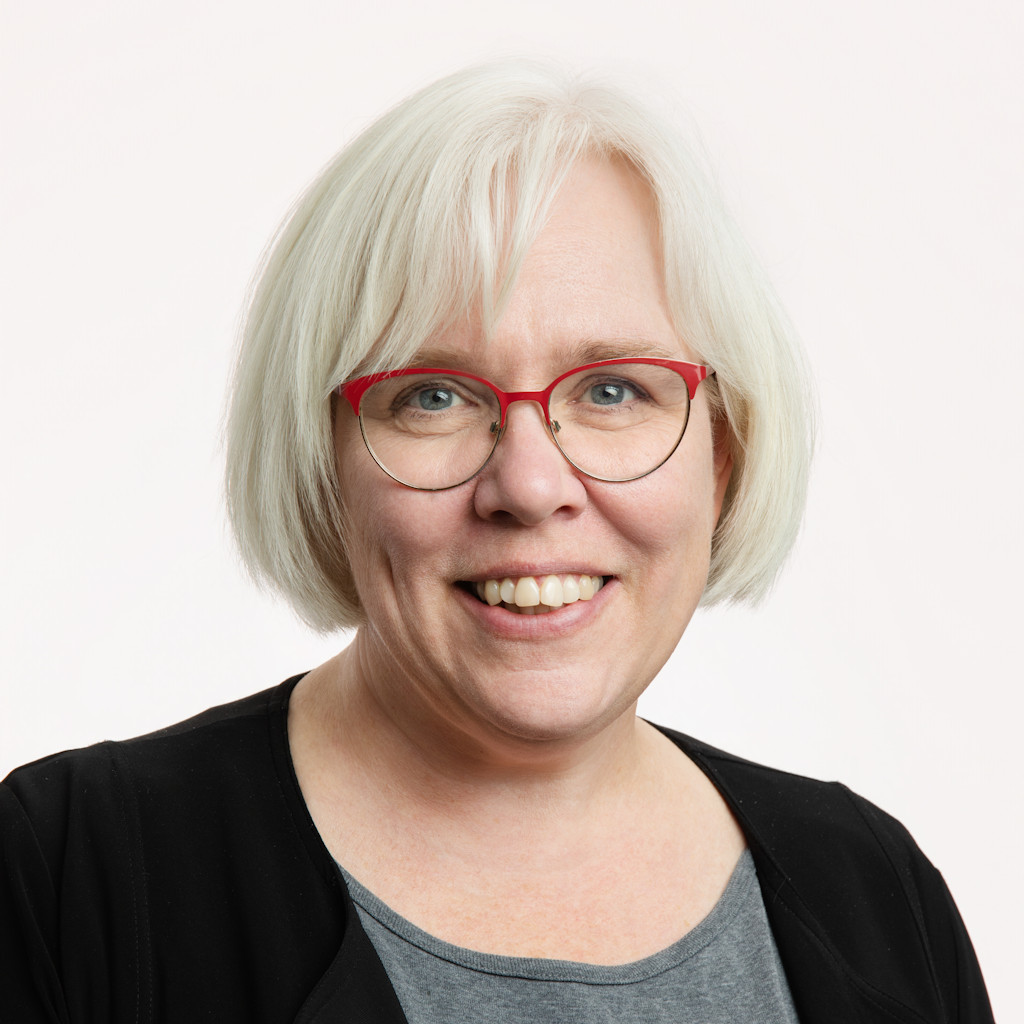
Closing washrooms regrettable but necessary for now, says transit boss
By
 Karen Unland
Karen Unland
Frustration with the closure of public washrooms in transit stations is understandable, but it's a necessary and temporary measure in light of the number of overdoses in these spaces, says the head of Edmonton Transit.
"Washrooms are not well-equipped for the drug poisoning crisis — they are not supervised nor do they have proper tools to assist in these circumstances. As a result, our teams are investigating options to make them safer," said branch manager Carrie Hotton-MacDonald in an email responding to Episode 171 of Speaking Municipally, Taproot's civic affairs podcast.
Co-hosts Mack Male and Troy Pavlek had criticized the decision, which was noted in the transit safety and security report in February but flew under the radar until CTV Edmonton published a story saying most of the 30 public washrooms in transit stations had been closed. The report said the Community Outreach Transit Team (COTT) would direct people to nearby facilities while the washrooms remained closed, but that struck Male as an inadequate solution.
"'Go somewhere else' assumes a) that you are able to go somewhere else, and b) that there's somewhere else to go. And as I've complained about loudly many times, so many of the public washrooms that we already have are still inaccessible," he said. "I don't know where they expect people are going to go if they can't use these public washrooms."
Male asked why the city couldn't fund better monitoring of the washrooms instead of closing them. Hotton-MacDonald said her team is researching all options.
"This might mean, as examples, equipment changes, communications and signage, and more training," she wrote. "I've seen, as another example, motion detector technology utilized to signal when there hasn't been any movement from a person in the space, which could be a sign that someone is in distress."
She emphasized that washrooms will reopen "when it's safe and after we've made improvements." But the bigger issue is an unsafe supply of illegal drugs and the lack of support for people with addictions. "What we're seeing in transit is bigger than ETS and bigger than just the City," she said, echoing her comments in Episode 170 on the need to address the root causes of disorder in transit stations.
In light of the worsening drug poisoning crisis, we need to do more than make transit washrooms safer, said Pavlek. "I don't think our transit centres should become supervised consumption sites. But I think it makes pretty dire and stark the need for supervised consumption sites."


